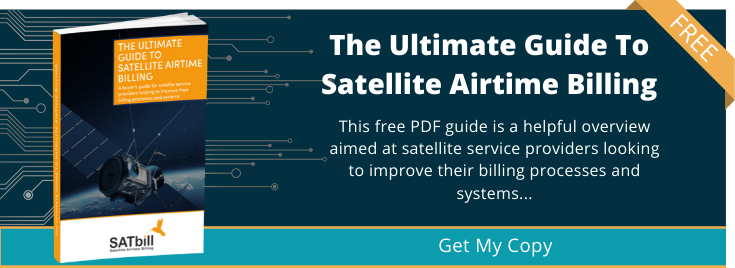
5 Common Problems With Satellite Communications Billing
In all commercial spheres, timely and accurate billing is important to prevent avoidable losses, promote the integrity of the business and to reinforce customers’ confidence. However, satellite communications present challenging problems. The data is complex, often involving many tariffs from different providers and is frequently supplied in contrasting formats. This makes the calculation of satellite airtime bills difficult, particularly if your billing processes are not streamlined and are overreliant on manual methods of calculation.

The Problem Of Manual Billing
Being able to calculate a customer’s satellite airtime bill accurately is essential but, due to the complexity of call data records and charging tariffs, this is difficult to accomplish without a software solution such as SATbill in place. In fact, without the appropriate software to analyze data, some companies carry out a manual analysis that is not only time-consuming and labor-intensive but also increases the risk of errors being made.
Call data records (CDRs) are typically long and confusing and, therefore, can be difficult to interpret. Customer growth becomes a double-edged sword: perfect for the expansion of the business, but burdensome in that it creates more call data records requiring careful analysis to ensure that bills are issued correctly. All this takes time and, in the meantime, your satellite airtime providers demand payment before your partners have settled their bills, causing your cash flow to stall.
Factors That Make Satellite Communication Billing Difficult To Process Manually
When processing billing documents for satellite communications, several factors conspire to make the procedure challenging:
1) High volumes of CDRs to be processed: Using a manual spreadsheet approach might have suited your business if you have a single supplier or call volumes are low, but as your business (and the number of call data records) grows, processing bills becomes increasingly laborious, time-consuming and inefficient.
2) Different CDR formats: Each satellite provider tends to produce call data records in a unique format, making streamlining the billing process more challenging and time-consuming. The variations in CDRs, if analyzed manually, are also likely to increase the number of errors.
3) Complex pricing matrices: In telecommunications, pricing matrices are rarely simple. Costs are influenced by a variety of factors, including the service type, destination, duration of a call, service charges and discounts.
4) Multiple providers: Every satellite airtime provider offers unique services, each of which operates in a distinct way with different pricing matrices. Using multiple providers adds a significant layer of complexity to the manual billing process.
5) Additional services: As each provider launches new services, billing requirements are likely to change, increasing the chance that manual calculation of bills will result in mistakes.
The SATbill Solution
SATbill offers a world-class billing solution that manages the complex airtime billing process on your behalf, maximizing its accuracy, speed, and cost, thereby reducing admin time and eliminating errors as your business grows. As new services are added, the software can be modified and, with our commitment to ongoing training and support, you’ll always be able to access expert assistance to ensure your customers’ bills are issued accurately.
- Click here to view the Globalstar Billing Platform
- Click here to view the Iridium Billing Platform
- Click here to view the Thuraya Billing Platform
- Click here to view the Inmarsat Billing Platform
- Click here to view the VSAT Systems Billing Platform
To find out more, please call +44 (0) 1260 281700.

